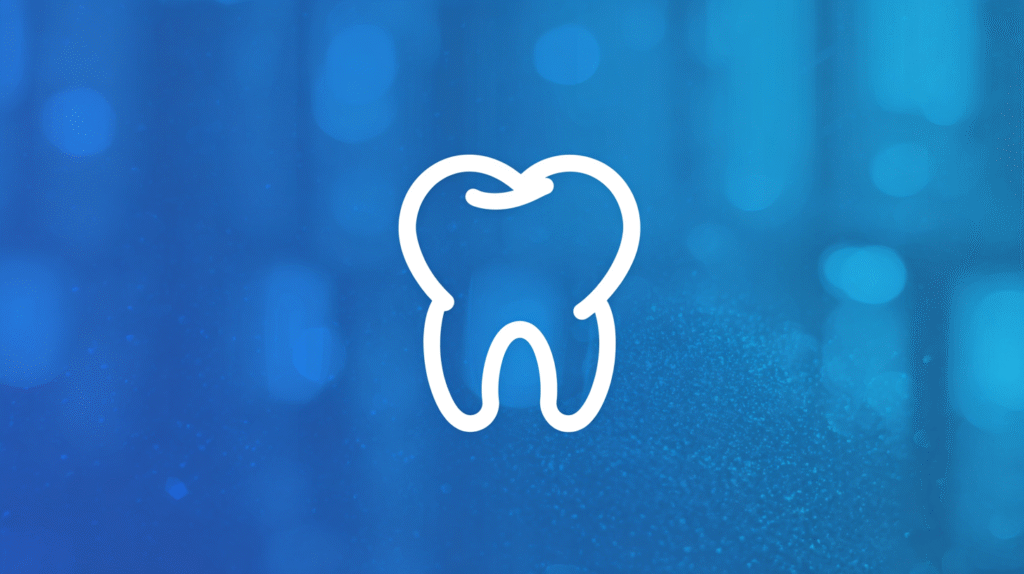In today’s digital healthcare landscape, cybersecurity has become vital for protecting patient data and maintaining trust. As dental practices increasingly rely on technology, the potential risks of data breaches and cyberattacks grow exponentially. By understanding these threats, dental practice owners and healthcare professionals can take proactive steps to secure their systems and protect sensitive information.
This blog post aims to highlight the importance of cybersecurity in healthcare—especially within dental practices—while providing actionable insights and best practices that can be adopted in 2024.
The Necessity of Cybersecurity in Dental Practices
The healthcare industry, particularly dental offices, is a prime target for cybercriminals. According to recent studies, the healthcare sector has experienced an alarming rise in data breaches, with over 70% of organizations reporting cyber incidents in just the last year. Consequently, protected health information (PHI) has become extremely valuable on the dark web. Because of this, dental practices must prioritize cybersecurity to comply with regulations and maintain patient confidentiality.
Understanding the Challenges
One of the significant challenges dental practices face involves understanding their exposure to risks. Cybersecurity threats can manifest in various ways, including:
- Ransomware attacks that can lock systems and demand payment
- Phishing scams aimed at stealing credentials
- Malware infiltrations that compromise extensive databases of patient information
Additionally, maintaining compliance with the Health Insurance Portability and Accountability Act (HIPAA) regulations adds another layer of complexity. Failure to meet these standards not only compromises patient data but also results in severe financial penalties.
Proactive Strategies for Data Breach Prevention
To counteract cybersecurity risks, dental practices should adopt a multi-layered approach to data breach prevention. Below are essential strategies that practices can implement:
- Regular Risk Assessments: Conduct thorough assessments to identify vulnerabilities in your systems. Knowing where weaknesses lie allows you to take preemptive measures.
- Employee Training: Human error remains a top cause of security incidents. Regular training sessions can educate staff on identifying phishing attacks and safe data handling procedures.
- Secure Network Architectures: Invest in robust firewalls and virtual private networks (VPNs) to protect internal communication from external threats.
- Data Encryption: Encrypt sensitive patient information both in transit and at rest. This ensures that even if data is intercepted, it will be almost impossible for unauthorized users to decipher it.
Implementing Advanced Technologies
Moreover, leveraging advanced technologies can significantly enhance a dental practice’s cybersecurity posture. For example:
- Artificial Intelligence (AI): Many organizations are turning to AI-powered security solutions capable of detecting suspicious behavior patterns. AI can proactively mitigate risks before they escalate into full-blown threats.
- Multi-Factor Authentication (MFA): Implementing MFA adds an additional barrier to accessing sensitive information, thereby reducing the likelihood of unauthorized access.
- Incident Response Plans: Develop and routinely test response plans to ensure quick recovery in the event of a cyber-incident. Having a well-documented plan helps minimize downtime and data loss.
Regulatory Compliance and Legal Obligations
Regulatory compliance is not just a legal requirement; it is also a vital component of a dental practice’s ethical responsibility. HIPAA sets strict guidelines about how healthcare providers handle patient data. Failure to comply can lead to substantial financial repercussions and long-lasting damage to a practice’s reputation.
Therefore, being proactive about maintaining compliance should be a central aspect of your cybersecurity strategy. Regular audits and updates to systems can ensure that your practices align with the latest legal standards.
Alliances with Cybersecurity Experts
Partnering with trained cybersecurity experts like those at Pulivarthi Group can significantly enhance your practice’s ability to protect patient data. Experts offer insights into best practices that are tailored specifically for the healthcare sector. When you collaborate with a reputable firm experienced in healthcare cybersecurity, you can:
- Receive tailored consultations that cater to the unique needs of your practice
- Implement cutting-edge security solutions that can neutralize threats
- Stay updated on emerging trends and threats in online security
Real-World Examples
To illustrate these concepts, consider a case study involving a medium-sized dental practice that faced a ransomware attack last year. After failing to back up data periodically, they lost access to patients’ records for over a week, resulting in significant financial losses and reputational damage. However, shortly after the incident, they implemented many of the strategies outlined above—conducting regular risk assessments and employee training. Now, they have not only recovered but have fortified their defenses, thus reducing the chances of future incidents.
Conversely, a practice that invested in comprehensive cybersecurity measures preemptively can serve as a model. This practice attended regular cybersecurity training, established strong administrative protocols, and collaborated with a cybersecurity consultancy. When they were targeted by a phishing attack, their staff recognized it promptly, preventing a potential data breach.
Conclusion
As cybersecurity threats continue to evolve, dental practices must be proactive in protecting patient data to maintain trust and professional integrity. By understanding the challenges and implementing robust security measures, dental practice owners and healthcare professionals can safeguard their operations against potential threats. Additionally, forging partnerships with experts in cybersecurity can provide valuable insights and resources tailored to combat the specific risks faced by dental offices.
Now is the time to invest in cybersecurity measures and protect your practice from data breaches. Don’t wait for an incident to occur—take action today! Ensure your practice thrives by embracing best practices in healthcare cybersecurity and collaborating with trained professionals who can fortify your systems against emerging threats.







